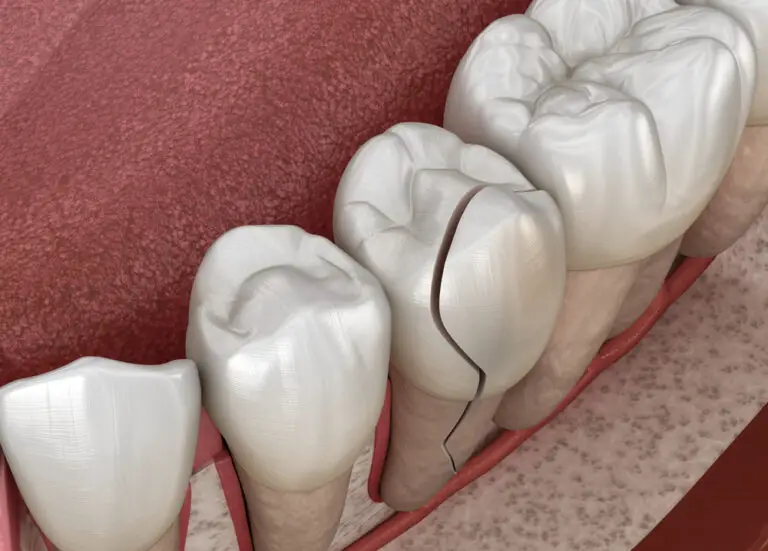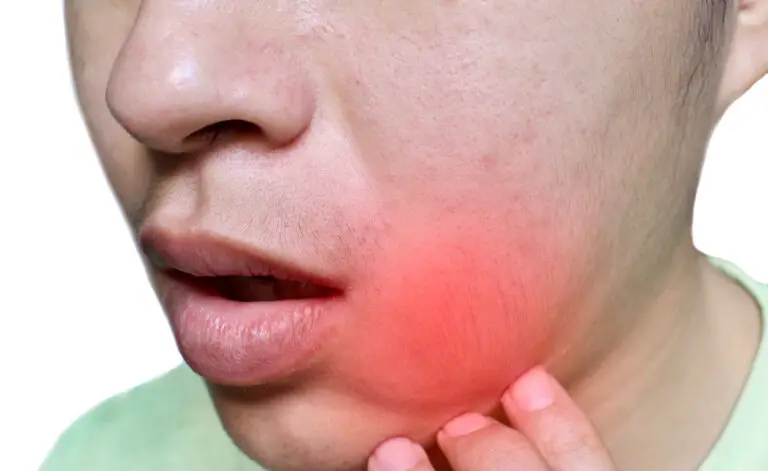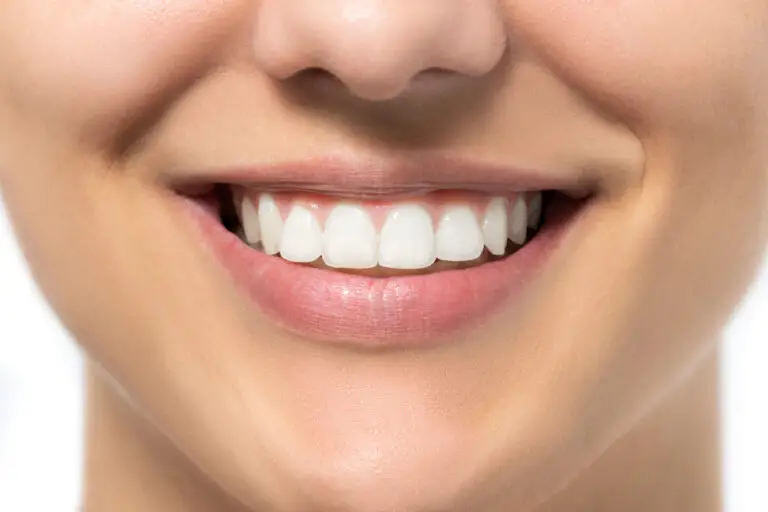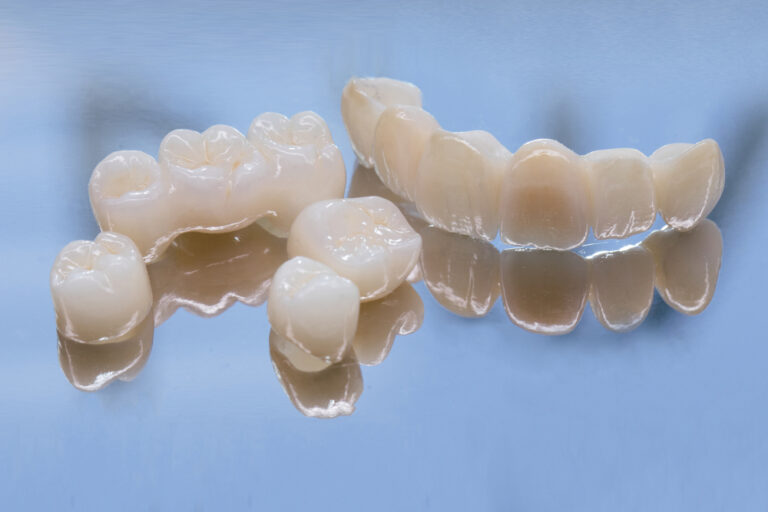What Causes Teeth to Feel Fuzzy?
There are several potential causes that can lead to teeth feeling fuzzy, rough, or having a fuzzy sensation. Understanding the underlying problem is key to getting the right treatment.
1. Erosion
Enamel erosion occurs when the outer protective covering of the tooth gets worn down from excessive exposure to acids. Frequent consumption of acidic foods and drinks is typically the culprit. Examples include:
- Citrus fruits and juices – The acidity in citrus fruit juice wears down enamel over time. This effect is worsened when citrus juices are consumed frequently throughout the day.
- Carbonated soft drinks – In addition to being sugary, soft drinks like colas and sodas contain phosphoric and citric acid that erode enamel. The carbonation effect also aggravates the erosion.
- Wine – All wines contain acid, but white wines are especially acidic, with ph levels around 3.0-3.3. Dry wines are more acidic than sweet wines.
- Tomato-based products – Tomatoes and tomato sauce also have a high acid content. Tomato sauce clings to teeth, keeping acid in contact with teeth for longer periods.
As enamel wears away, it exposes the tiny pits and grooves in underlying tooth surfaces, making them feel rough and fuzzy. Enamel loss from erosion can also lead to increased tooth sensitivity and translucent teeth as the thicker protective enamel layer disappears.
2. Gingivitis
Gingivitis is inflammation of the gums caused by a buildup of plaque on teeth. Plaque is a sticky film composed of bacteria, food debris, and saliva that accumulates on teeth if not removed by brushing and flossing.
The plaque bacteria release toxins that irritate the gums. As gingivitis progresses, gums become puffy, swollen, and fuzzy feeling. Gums may appear more red or dulled red rather than healthy pink and bleed easily when brushing or flossing.
Other symptoms of gingivitis include tender gums, bad breath, receding gums, and tooth sensitivity. If left untreated, gingivitis can advance to periodontitis, a more severe gum infection.
3. Receding Gums
Gums normally form a snug seal around teeth and bones. As gums recede or pull away from teeth, it leaves areas of root exposed that are normally protected under the gums. This can make the teeth feel rough or fuzzy.
Gum recession is common with the progression of gum disease. However, it can also be caused by genetics, hormonal changes, smoking, grinding teeth, and improper flossing or brushing methods that tear at delicate gum tissue. Receding gums cannot grow back, but treatments can prevent further recession.
4. Tooth Decay
Tooth decay from cavities damages the structure of enamel. Decay forms tiny holes and pits in enamel, especially in grooves around chewing surfaces. As the decay worsens, a hole or cavity forms, and the remaining roughened enamel around the hole can make teeth feel fuzzy.
Cavities are formed by oral bacteria that feed on sugars in the mouth and release acids that dissolve enamel. Without treatment, decay deepens progressively deeper into inner tooth layers. This advances to an irreversible pulp infection if not treated promptly.
5. Worn Dental Work
Over time, dental restorations like fillings, crowns, and veneers can become worn or cracked at the margins from daily use. As the edges deteriorate, teeth may feel rough or catch on the tongue. The aged dental materials can also pick up surface stains, contributing to a fuzzy sensation on teeth.
The margins on old amalgam fillings can corrode, and old porcelain restorations often develop tiny cracks that are prime areas for plaque and stains to accumulate in. Dental work lasts many years, but eventually needs replacement as materials wear over decades of use.
6. Teeth Grinding
Grinding or clenching of the teeth typically occurs involuntarily during sleep. The constant friction wears down the protective enamel layer and exposes microscopic pits in the softer underlying tooth material. This makes teeth feel rough and fuzzy, especially upon waking in the morning after a night of grinding.
Teeth grinding is also called bruxism. It commonly results in teeth that feel smoother with rounded edges as the enamel is literally ground down. Tooth sensitivity may increase as less enamel remains. Severe grinding cases can even crack teeth from excessive forces.
Why Do Teeth Feel Fuzzy In the Morning?
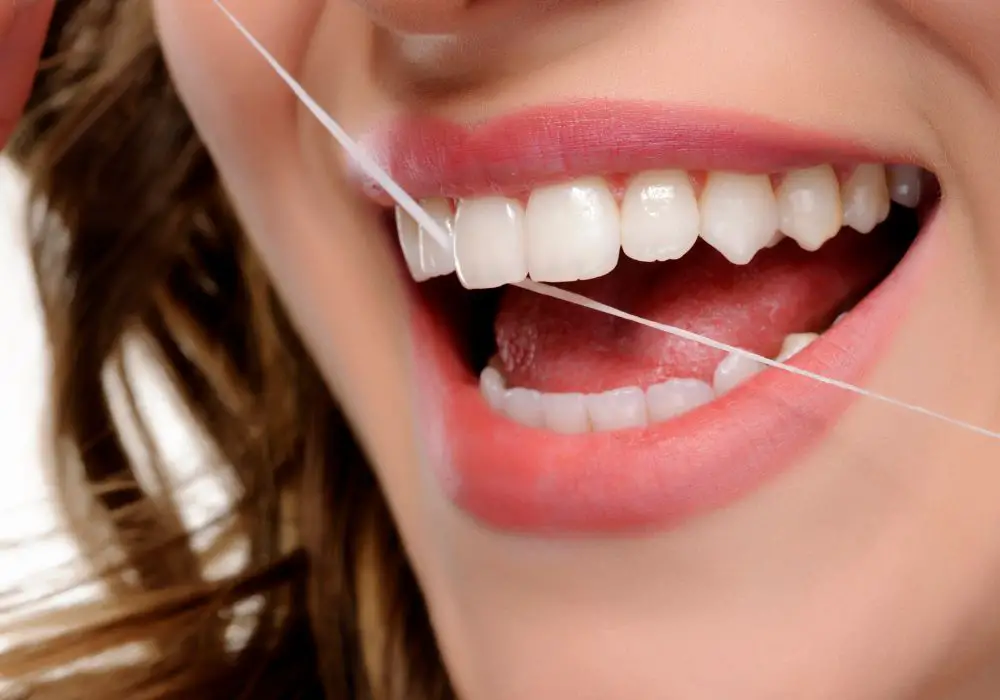
Waking up with fuzzy teeth and a furry tooth sensation is common. This roughness is often caused by a combination of factors that occur while sleeping:
- Saliva flow naturally decreases at night, leaving teeth drier. Saliva helps neutralize mouth acid and wash away particles. Less saliva means teeth are more vulnerable to bacterial buildup and acidic erosion from particles that remain on surfaces longer.
- Breathing through the mouth is more common during sleep, either from congestion or sleeping with the mouth open. This dries out the mouth as moisture evaporates into the air. Dry mouth provides an environment for bacteria to proliferate.
- Teeth grinding from bruxism primarily occurs while sleeping. Clenching and grinding wears down the enamel layer, especially over several hours during the night. This leaves teeth feeling rougher in the morning.
- Gingivitis that causes inflamed, swollen gums may feel more pronounced in the morning due to less protective saliva being produced overnight.
Drinking water upon waking, using a humidifier, and practicing diligent oral hygiene habits can help minimize waking up with fuzzy teeth sensation. However, persistent symptoms should prompt a visit to the dentist for evaluation.
When to See the Dentist About Fuzzy Teeth
It’s wise to make an appointment with your dentist if you frequently notice your teeth feel rough or fuzzy. Especially pay attention to fuzzy teeth that:
- Persist throughout the day and aren’t just a temporary morning sensation
- Are accompanied by increased tooth sensitivity to hot or cold foods and drinks
- Have visible cracks, dents/divots, or other obvious enamel damage
- Are concurrent with bleeding or inflamed gums
- Cause persistent bad breath even after brushing
- Result in toothaches or discomfort when eating or drinking hot or cold foods
The dentist can perform an exam to look for signs of decay, excessive wear, gum disease, or other problems. They may order x-rays to check for issues between teeth or below the gums. Tests for tooth sensitivity can help pinpoint problem areas.
Early treatment can stop decay and gum disease before they worsen and require more complex treatment. For teeth grinding issues, the dentist may fit you for a custom night guard to prevent grinding related enamel wear.
How Dentists Diagnose Causes of Fuzzy Teeth?

Dentists use a combination of diagnostic techniques and tests to determine what’s causing fuzzy teeth sensation:
Medical and Dental History
Discussing your medical history, oral hygiene habits, diet, medications use, and health conditions provides helpful background. Details about symptoms like roughness, sensitivity, gum issues, etc. can offer clues.
Visual Oral Examination
A thorough visual inspection of the teeth, gums, tongue, and other oral tissues looks for obvious signs of decay, excessive wear, gum inflammation, enamel loss, or abnormal textures. Probing with dental instruments around teeth and gums provides more information.
Dental X-Rays
X-rays allow dentists to see below the surface for issues not visible to the eye during an exam. Bite-wing x-rays show decay between teeth. Full mouth x-rays give a comprehensive view of infections in tooth roots and bone.
Tooth Sensitivity Testing
A dentist will test spots in the mouth by applying tactile pressure, air puffs, and temperature-controlled water. Mapping out areas of sensitivity helps pinpoint problem zones.
Biting and Chewing Evaluation
Having the patient bite down on thin strips of plastic lets the dentist evaluate for uneven contact points between opposing teeth. High spots hitting prematurely can indicate worn enamel.
Dental Impressions
Impressions or molds of the full mouth or bite registration record intricate tooth surface details. Dentists use these models to analyze wear patterns, anatomy, and space between teeth.
Intraoral Camera Photos
Close-up intraoral photos taken with a special dental camera document problem areas like eroded enamel, gum recession, cracks, decay location, and more. Photos taken over time track changes.
Treatments for Fuzzy Teeth Sensations
Once the cause has been determined, the dentist will recommend the appropriate treatment to help smooth rough spots and prevent further damage.
Fluoride Treatments
Fluoride strengthens enamel and can help remineralize early decay spots. Regular professional topical fluoride applications may be recommended for those prone to cavities or enamel erosion.
Dental Bonding
Bonding material applied to the tooth surface can fill in pits and cracks for a smoother texture. It bonds to the natural enamel for seamless repair of imperfections.
Crowns and Veneers
Crowns fully cover visible tooth surfaces to create a fresh, smooth outer layer. Veneers are thin shells that smooth the front surface. These treatments are more costly but provide dramatic improvement.
Gum Therapy
Deep cleanings and root planing remove plaque below the gumline and smooth root surfaces. Medicated chips placed in gum pockets slowly release antimicrobials to resolve infections.
Medicated Rinses and Toothpastes
Antimicrobial and antiseptic mouth rinses like chlorhexidine (Peridex) and cetylpyridinium chloride (Crest Pro Health) reduce harmful germs. Toothpastes like Pronamel remineralize enamel.
Night Guards for Grinding/Clenching
Custom fit night guards are essential for protecting teeth from enamel wear caused by involuntary grinding and clenching during sleep. They shield tooth surfaces from friction.
Dental Fillings
Fillings repair cavities from decay and also replace old fillings with defective margins. New bonded composite resins seamlessly blend with surrounding enamel for imperceptible repairs.
Regular Dental Cleanings
Consistent professional cleanings every 6 months remove hardened plaque buildup that cannot be removed by at-home brushing and flossing alone. This prevents many fuzzy teeth causes.
Home Remedies for Fuzzy Teeth Relief

There are some home remedies that may provide temporary relief from minor fuzzy teeth sensation until you can see a dentist:
- Brush gently with a soft-bristle toothbrush using small, circular motions. Take care not to brush aggressively as this can cause more enamel wear.
- Use an antiseptic mouthwash like one containing cetylpyridinium chloride to reduce bacteria on teeth. Swish for the full minute.
- Create a paste with baking soda and water and gently rub on teeth to help remove some deposits. Rinse thoroughly after.
- Rinse with a diluted 3% hydrogen peroxide solution after brushing to kill bacteria left behind.
- Stay hydrated by drinking plenty of water to promote saliva flow that naturally rinses teeth.
- Chew xylitol gum, which stimulates saliva and also inhibits cavity-causing oral bacteria.
- Eat crunchy fruits and vegetables like apples, carrots, and celery to help mechanically scrub teeth.
- Limit consumption of acidic drinks and foods that erode enamel like sodas, wine, and tomatoes.
- Take supplements with enamel-strengthening nutrients like calcium, vitamin D, vitamin C, and phosphorus.
These home remedies can provide temporary relief but don’t treat underlying issues. See your dentist if roughness persists.
Frequently Asked Questions
Q: Why do my teeth feel fuzzy when I wake up in the morning?
A: Dry mouth from reduced saliva flow at night allows plaque to accumulate on teeth. Nighttime mouth breathing and teeth grinding also contribute to a fuzzy sensation upon waking. Be sure to drink water immediately after waking.
Q: Are fuzzy teeth a definite sign of gingivitis?
A: Swollen, tender, fuzzy-feeling gums are a common symptom of gingivitis, an early stage gum infection. Other signs include redness, bleeding from brushing, bad breath, and receding gums. See a dentist to diagnose and treat gingivitis before it can progress.
Q: Can dentists fix eroded enamel that makes teeth feel rough?
A: While eroded enamel can’t regrow, dentists have several options for smoothing rough spots, including bonding, crowns, and veneers. Improving acidic food and drink habits is also important.
Q: Why do teeth sometimes feel fuzzy after a whitening treatment?
A: Whitening treatments don’t smooth or change tooth anatomy – they only lighten tooth color. So existing enamel issues like cracks and erosion can feel more noticeable against whiter teeth. Whitening chemicals can also irritate gums.
Q: What toothpaste helps relieve fuzzy teeth discomfort?
A: For sensitive, rough teeth, toothpastes containing ingredients like stannous fluoride, arginine, potassium nitrate, and strontium chloride help numb and fill nerve pathways. Ask your dentist to recommend specific toothpaste products.


